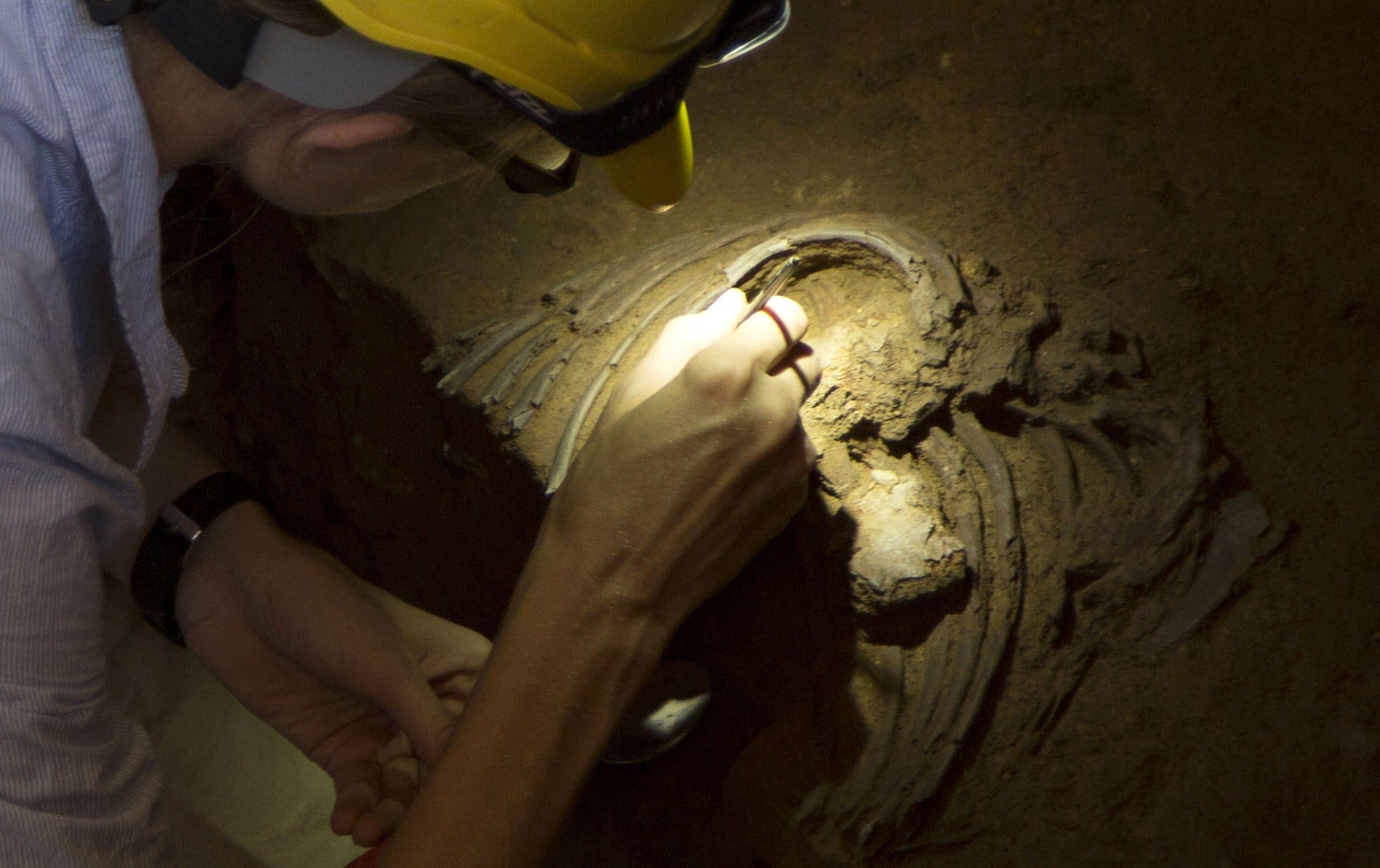Imagine walking through a dense forest and encountering a Neanderthal, a species that once roamed the Earth alongside early Homo sapiens. Would you engage in conversation, ask about their survival strategies, or simply marvel at their existence? This playful question invites reflection on a more serious issue: the scientific endeavor to revive Neanderthals. In a world increasingly dominated by the capabilities of biotechnological innovation, the revival of extinct species has transitioned from the realm of science fiction to tantalizing scientific possibility. Yet, from a cultural relativism perspective, one must consider the ethical, societal, and cultural implications of such audacious scientific pursuits.
The trajectory toward potential Neanderthal resurrection stems from advancements in genetic engineering techniques, particularly CRISPR-Cas9, that allow scientists to edit genomes with unprecedented precision. The essence of revival lies in de-extinction, an area of research that aims to bring extinct species back to life using cloning or genome editing. Yet, this raises pivotal questions: Should we revive a species that existed tens of thousands of years ago? What motivations underpin this scientific endeavor, and how do they align with the diverse cultural interpretations of life, existence, and ethics?
Analyzing this issue through the lens of cultural relativism invites us to examine varying cultural contexts and values surrounding life and death. In some cultures, the resurrection of an extinct species may be perceived as an insult to the natural order. To others, it could represent a significant technological achievement deserving celebration. Each viewpoint reflects historical, cultural, and philosophical frameworks that shape societal attitudes towards nature, ethics, and the concept of ‘playing God.’
To comprehend the implications of reviving Neanderthals, one must delve into the rich anthropological tapestry that captures humanity’s historical relationship with Neanderthals. The Neanderthal, often depicted as brutish and primitive, has often drawn misconceptions stemming from early 20th-century interpretations. They were, in fact, adept survivalists; their capacity for tool-making and indicative cultural practices suggests an intelligence and emotional depth often overlooked in mainstream narratives. Reviving them is not merely a quest to resurrect hominids but to acknowledge complex beings who adapted to the Ice Age’s harsh realities.
This quest prompts significant ethical inquiries: If scientists can engineer a Neanderthal, should they? The challenge presented here lies in discerning the line between exploitation and enlightenment. Resurrecting a Neanderthal may reduce them to mere subjects of scientific curiosity, echoing dark historical precedents where indigenous peoples were exploited for “scientific” purposes. It is essential to recognize that within cultural relativism, the reverence for life is arguably paramount, making the ambition to revive a sentient species inherently problematic. Will their revival uphold their dignity or subject them to a new form of subjugation?
Moreover, one must assess the societal implications of introducing Neanderthals into contemporary life. If the scientific community were successful, what rights would these beings possess? Would they be considered humans under the law or something else entirely? Such questions expose the nuances of how different cultures conceptualize the boundaries of humanity. The idea of lineage divides perceptions of identity and belonging—where do the Neanderthals fit in the modern human narrative? In a society increasingly concerned with the rights of various marginalized groups, the revival of Neanderthals could provoke intense debate within legal, ethical, and social domains.
Additionally, there’s the matter of environmental context. To what extent would the modern habitat facilitate the survival of a species accustomed to a primordial Earth? Reviving Neanderthals without due consideration of ecological balance risks unnecessary suffering—an ethical stance that many cultures would fundamentally oppose. The call for responsible stewardship of biodiversity complicates any potential experimentation with de-extinction. Thus, the conversation expands beyond the scientific singularity and enters the broader discourse on intersectionality, where human, animal, and environmental rights converge.
Furthermore, different cultures have nuanced relationships with their ancestors and prehistoric beings. The reviving of Neanderthals might evoke diverse interpretations, from reverence to reclaiming lost knowledge. Some indigenous groups view ancient beings as integral parts of their cultural heritage. Involving these communities in discussions surrounding de-extinction could foster a mutually beneficial dialogue, inviting perspectives that prioritize stewardship, respect, and a holistic approach to biodiversity.
There’s something paradoxical about the very essence of reviving a species. A Neanderthal walking the Earth today would not merely exist as an artifact of our past; rather, they would raise questions about race, identity, and humanity. Would they feel the relentless weight of history? Would they be seen through the lens of modernity or as a relic of antiquity? Scientists, then, must recognize that this endeavor is as much about societal values as it is about scientific milestones. Historical consciousness quakes beneath the idea of reintroducing a once-extinct species; cultural contexts may dictate how this venture unfolds.
Ultimately, the question looms large: Are scientists truly prepared to confront the cultural, ethical, and social ramifications of Neanderthal resurrection? As humanity stands on the precipice of potential breakthroughs in genetics, one must pause to ponder if resurrecting Neanderthals would be a triumph of scientific accomplishment or a fundamental misstep in our understanding of life, respect, and identity. The tapestry of understanding representing human-animal relationships is as intricate and varied as the cultures that inhabit our world. Through these threads, the quest for knowledge dances with a profound moral obligation—an obligation to consider not only the implications of what we create but the reverberations of our actions upon the intricate web of existence.
